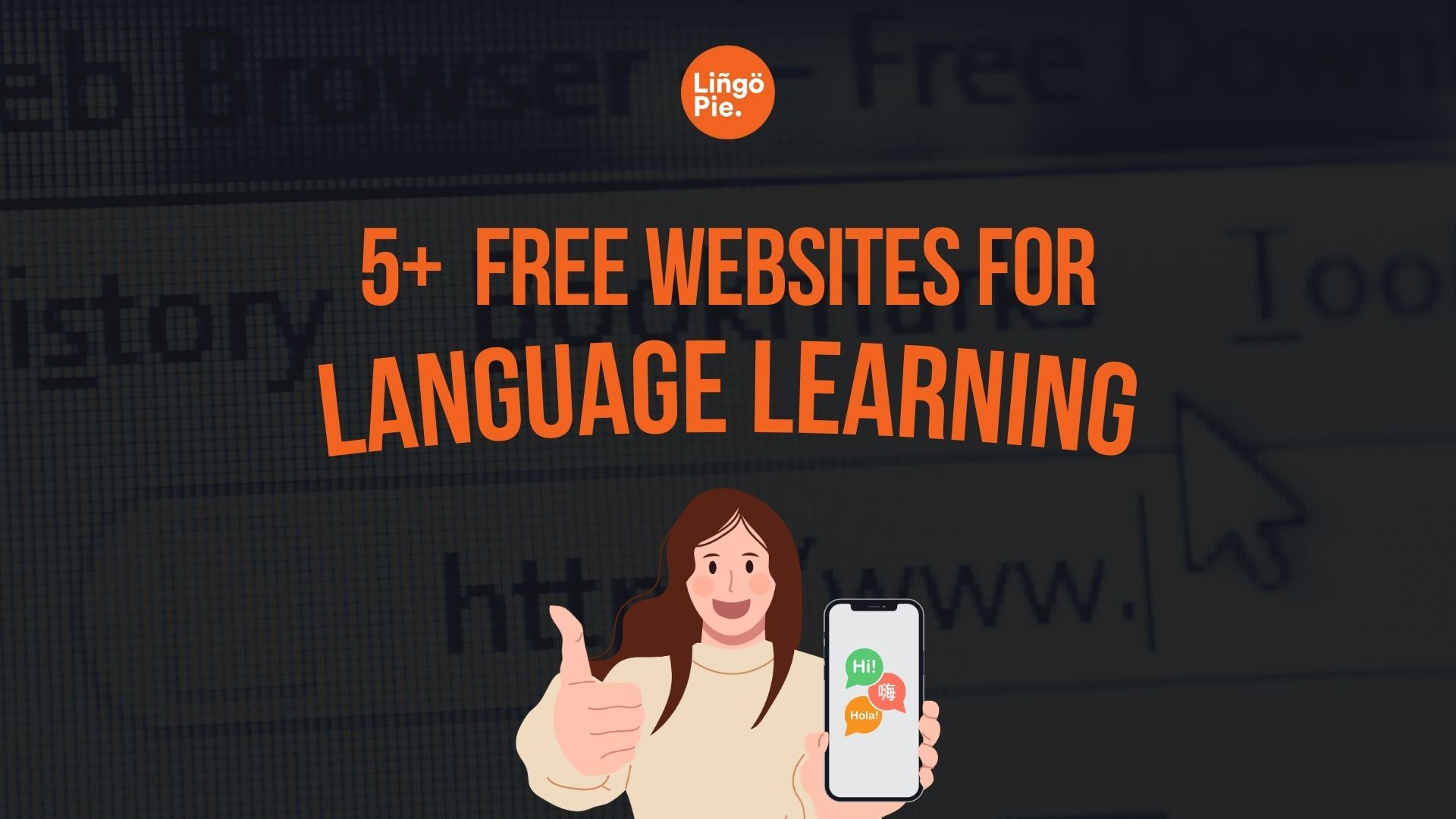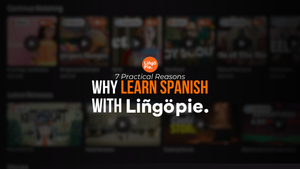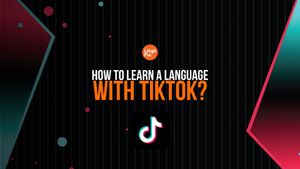Language learning has undergone a dramatic transformation with the advent of technological advancements. The process of mastering a new tongue is no longer restricted to classrooms or traditional textbooks. Artificial Intelligence (AI) has emerged as a groundbreaking tool, offering personalized and adaptive language learning experiences. In this article, we will explore how you can harness the power of AI to learn German, the language of Goethe, Beethoven, and countless other luminaries.
The AI Revolution in Language Learning
AI-driven platforms use algorithms that adapt to each learner's pace, style, and proficiency. They can identify your strengths and weaknesses and customize lessons accordingly. For instance, if you struggle with German dative cases but excel in vocabulary, the AI will adjust your lessons to provide more practice in the former area.
Why Choose AI Over Traditional Methods?

Personalization: Traditional methods often present a static curriculum, expecting learners to adjust their pace and style to the content provided. In contrast, AI revolutionizes this approach. Instead of a one-size-fits-all strategy, AI-driven platforms analyze your learning patterns, strengths, and areas of improvement. They mold the curriculum around your needs, ensuring that every lesson you undertake is tailored specifically for you. This personal touch ensures that you're always challenged just enough to progress without feeling overwhelmed.
Flexibility: The conventional classroom-bound approach to language learning, bound by schedules and locations, can be restrictive. AI-powered platforms offer unparalleled flexibility. Whether you're on a bus, waiting for a friend at a cafe, or lounging in your backyard, all you need to start your German lesson is a device with internet access. This convenience means you can seamlessly integrate language learning into your daily routine, making it less of a chore and more of a fun activity.
Real-time Feedback: Traditional learning often involves waiting for a teacher's feedback, which might come days after an assignment is submitted. With AI, the feedback is instant. Every pronunciation error, grammar mistake, or vocabulary slip-up is caught immediately. This real-time correction ensures that mistakes don't become ingrained habits. It provides learners with the opportunity to rectify errors on the spot, leading to faster and more efficient progress.
Interactive Learning: Gone are the days when language learning was synonymous with rote memorization from hefty textbooks. AI-driven platforms offer multimedia-rich lessons. From voice recognition software that aids in mastering pronunciation to interactive exercises that simulate real-life conversations, the learning experience is dynamic and engaging. This multi-sensory approach not only makes lessons more enjoyable but also enhances retention and comprehension.
In essence, while traditional methods have their merits, AI provides a modern, adaptive, and efficient approach to language learning, making it a preferable choice for many in today's digital age.
Related:


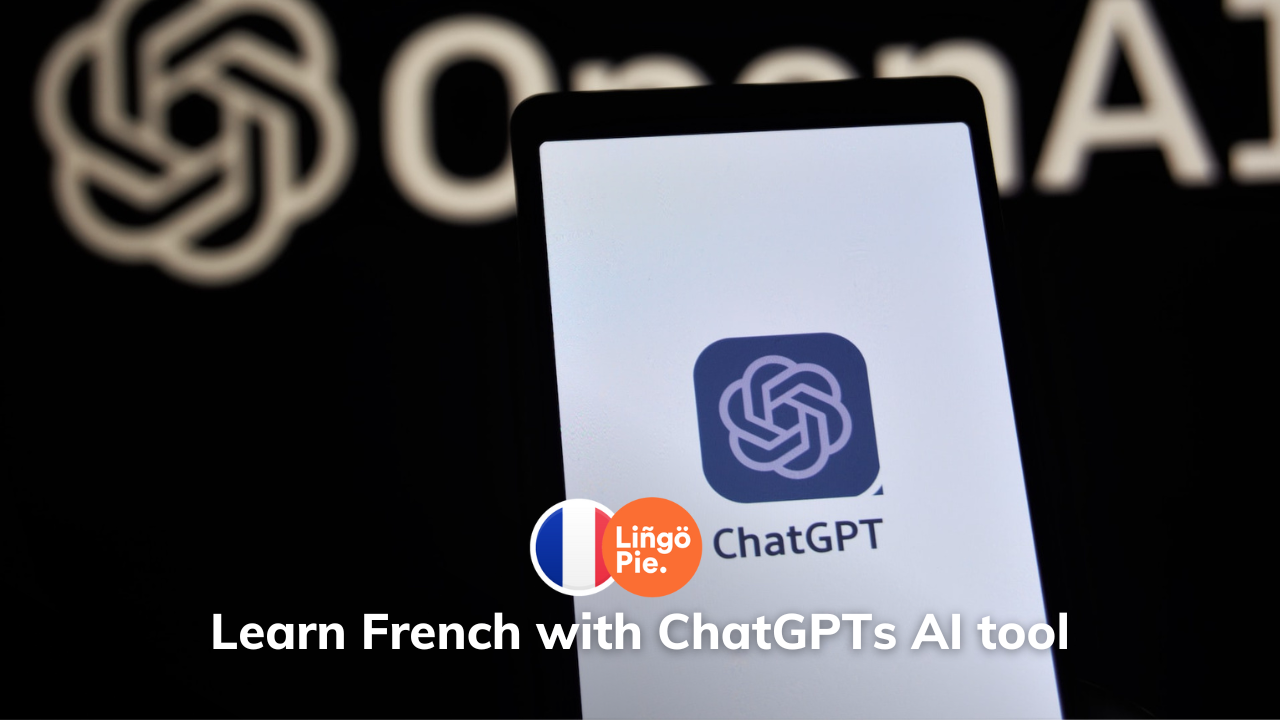
AI’s Role in Grammar and Vocabulary Acquisition
German grammar, with its four cases and three genders, can be challenging. AI tools provide adaptive exercises, making it easier to grasp complex topics. They identify patterns in your mistakes and offer targeted practice sessions. Additionally, spaced repetition algorithms ensure vocabulary retention by reintroducing words at optimal intervals.
Mastering Pronunciation with AI
German pronunciation, with its unique sounds like the throaty "ch" or the umlauts (ä, ö, ü), requires practice. AI-powered voice recognition tools analyze your pronunciation, compare it to native speakers, and provide corrective feedback.
Cultural Integration through AI
Language isn't just words and grammar; it's a gateway to culture. AI platforms often integrate cultural lessons, providing context to the language you're learning. This holistic approach enriches the learning experience, offering insights into German traditions, festivals, and history.
Challenges and Limitations of AI
While AI offers numerous advantages, it isn't flawless. It lacks the human touch, which means you might miss out on the nuances and emotions that only human interaction can provide. Combining AI tools with tandem learning or joining German language groups can balance this limitation.
Complementing AI with Other Tools
To truly immerse oneself in the German language and culture, a multifaceted approach is essential. While AI offers an advanced and personalized learning experience, supplementing it with additional resources can significantly amplify its benefits. Here's how to round out your learning journey:
Podcasts: There's more to language than just grammar and vocabulary; understanding cultural nuances and local idioms is equally crucial. Listening to podcasts, especially ones like "Slow German" or "Coffee Break German," can provide you with a deeper insight into German culture, current affairs, and regional dialects. It's auditory learning, combined with authentic cultural context.
Language Exchange: One of the most effective ways to master a new language is to speak it regularly. Platforms like Tandem or HelloTalk bridge the geographical divide by connecting learners with native German speakers. These exchanges facilitate real-world conversational practice, making you more confident in your speaking abilities and enhancing your understanding of colloquial language and slang.
Lingopie:

For those who believe in the power of visual learning, Lingopie is a game-changer. Instead of mundane lessons, dive into the world of German entertainment. With its vast collection of German TV shows featuring interactive subtitles, every episode becomes a language lesson. Unsure about a phrase or word? A simple click on the subtitle gives you an immediate translation. As you immerse yourself in gripping storylines, you're also subconsciously enhancing your vocabulary and honing your listening comprehension skills.
Reading: While digital tools are undoubtedly convenient, there's a timeless charm in flipping the pages of a book. Start with German children's books or german beginner-level tales to build confidence. As you progress, challenge yourself with German novels, newspapers, and blogs. Reading not only exposes you to a rich array of vocabulary but also helps in understanding sentence structures and contextual usage of words.
Online Communities: Platforms like Reddit or Quora have thriving communities dedicated to German language learners. Engaging with these communities can offer invaluable tips, resources, and motivation. Share your experiences, ask questions, or simply read others' language-learning journeys.
Movies and Music: Delve into the world of German cinema and music. Movies provide visual cues, making it easier to understand the context, while songs can enhance auditory comprehension and improve accent and pronunciation.
By strategically integrating AI with these diverse tools, you're not just learning a language; you're experiencing it. This holistic approach ensures that you grasp German in its entirety - from its syntax to its soul.
Future Prospects
With continuous advancements in technology, the role of AI in language learning is set to expand. Future iterations might offer Virtual Reality (VR) experiences, transporting you to German-speaking regions or historical events for immersive learning.
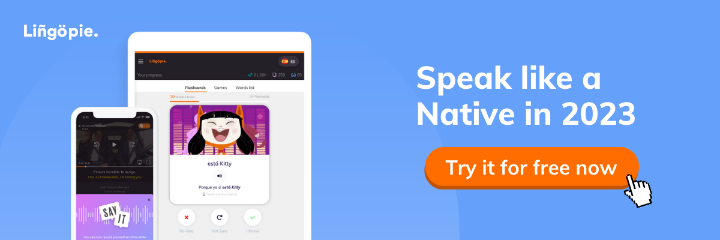
Summing Up
Embracing AI in your journey to learn German can make the process efficient, enjoyable, and tailored to your needs. While it's an exceptional tool, remember to complement it with real-life interactions, readings, and auditory materials for a comprehensive learning experience.
As German poet Johann Wolfgang von Goethe said, "Man sieht nur das, was man weiß." (One sees only what one knows.) With AI aiding your language journey, you'll soon see and understand the rich tapestry of the German language and culture.


![How to Learn German With AI [The Future of Language Acquisition]](/blog/content/images/size/w1200/2023/09/Spanish-1-9.png)


